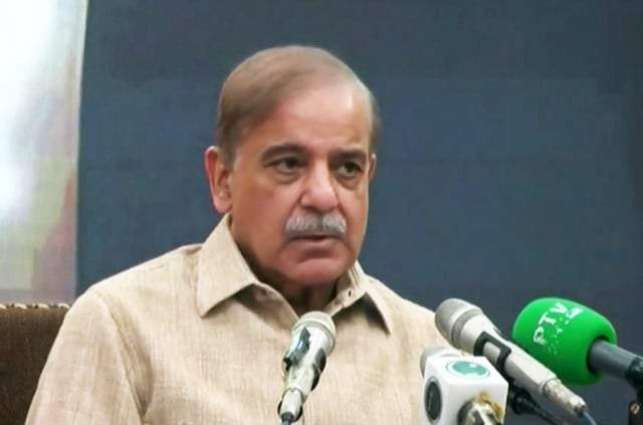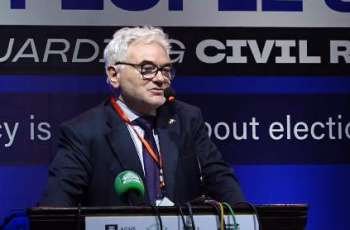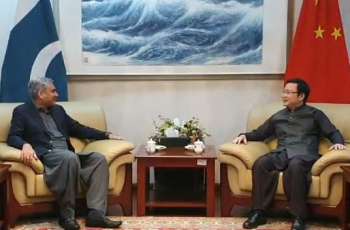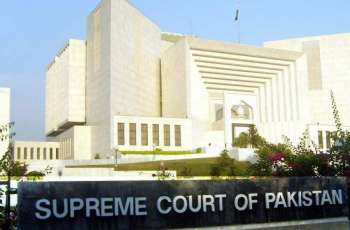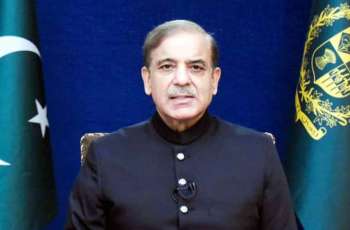The PML-N president claims his party has emerged has the single largest political party in the country.
LAHORE: (UrduPoint/Pakistan Point News-Feb 13rd, 2024) Pakistan Muslim League-Nawaz (PML-N) President and former Prime Minister Shehbaz Sharif said that his party would assume the role of the opposition if independent candidates could demonstrate their majority and establish the government. H
Shehbaz Sharif said that they are ready for the government formation on the basis of consensus if the independents backed by the PTI or not failed to form the government.
He gave these remarks while addressing a press conference at PML-N Secretariat in Model Town in Lahore on Tuesday.
“The PML-N is the single largest political party,” said Shehbaz Sharif.
He emphasized upon the unity, patience and time to put the country on the right track.
Regarding the recent election results, Shehbaz Sharif criticized the premature judgment based on initial percentages, stressing the importance of waiting for comprehensive results. He found it contradictory that while some claimed independents were leading, others alleged rigging when PML-N candidates were losing seats.
Khawaja Saad Rafiq gracefully accepted defeat, setting an example for the party. Shehbaz Sharif reiterated PML-N's claim as the largest party in the recent elections.
Shehbaz Sharif expressed his concerns, particularly directed towards the Pakistan Tehreek-e-Insaf (PTI). Reflecting on the general elections of 2013 and 2018, he highlighted the alleged irregularities in the 2018 elections, emphasizing that despite defeat, they refrained from protesting on the streets.
Shehbaz Sharif highlighted the challenges faced during the elections, citing instances of alleged rigging, especially in Karachi.
